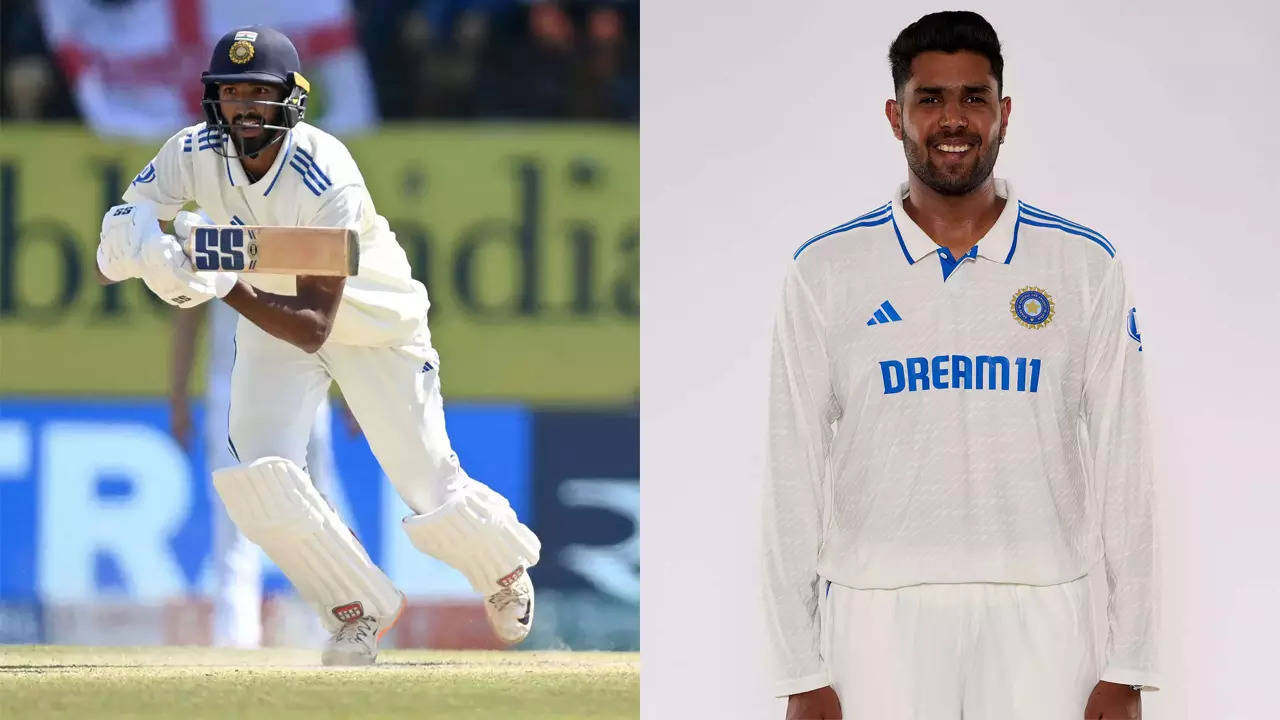The recent ODI and T20I series against Sri Lanka marked a significant transition for the Indian cricket team under the leadership of new head coach Gautam Gambhir. While the tour provided an opportunity to experiment with young talent, Gambhir’s decision to include experienced veterans Virat Kohli and Rohit Sharma has sparked debate among cricket experts.
Former India fast bowler Ashish Nehra believes that the inclusion of Kohli and Sharma was not the optimal strategy. He argues that the series presented an ideal chance to give opportunities to emerging players, especially considering the extended break before India’s next assignment.
“This was a good chance to give chances to young talents,” Nehra said. “The presence of Virat Kohli and Rohit Sharma was not required for this series.”
Nehra acknowledges that Gambhir, as a new coach, may have wanted to spend time with experienced players. However, he believes that Gambhir is well-acquainted with Kohli and Sharma and could have afforded to give other players a chance.
“I know Gambhir is a new coach, and he wants to spend some time with the experienced players, but it isn’t like he doesn’t know the two of them,” Nehra said. “He is not a foreign coach who wants to get his equation right with Kohli and Rohit.”
Nehra suggests that the series could have been an opportunity to experiment with new combinations and give young players valuable experience. He believes that Kohli and Sharma could have been rested for the Sri Lanka tour and brought back for the upcoming home season.
“It was a good opportunity for him to try out the new players, and Rohit and Kohli could play when the home season begins,” Nehra said. “I’m not saying it is a wrong approach, but it could have been one of the strategies in this series.”
Gambhir’s decision to include Kohli and Sharma has raised questions about his long-term vision for the Indian team. While the experienced duo remains vital to India’s success, it is crucial to develop and nurture young talent to ensure a smooth transition in the future.






